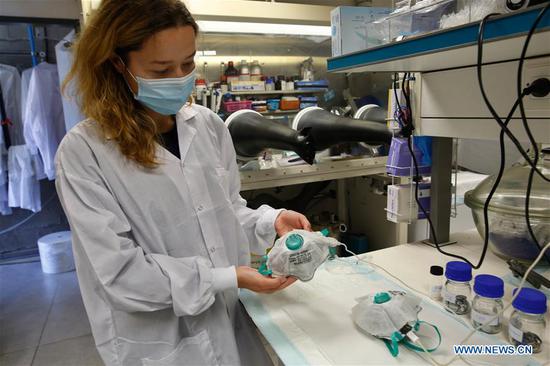Advice about which is the healthiest diet is constantly changing, making it difficult to choose what we eat. A research released on Thursday has contributed a major breakthrough in understanding why the optimal diet comes down to the individual.
Scientists from the Australian National Phenome Centre (ANPC) at Murdoch University along with partners at Imperial College London confirmed that individuals can have vastly different metabolic reactions to the same diets.
Over a four-day period, they fed study participants completely identical diets, however in studying their urine afterwards, they found it to contain different patterns of chemicals.
One of the differences was that some people exerted more calories than others despite consuming the exact same amount.
Four different diets used in the study ranged from very healthy, containing lots of fruit, vegetables and fiber, to closer resembling a purely fast food diet.
By measuring the metabolisms of participants using molecular profiling technology, they found that the different diets made more of a difference to some participants than others.
"Some individuals were more responsive to diet than others, regardless of whether the diet was healthy or not," explained ANPC Director and Pro Vice Chancellor of Murdoch University's Health Futures Institute Professor Jeremy Nicholson.
"The metabolic pathways that were activated after each diet were found to be different between people, with these differences relating to blood glucose levels."
According to Nicholson, some of the different responses were generated by gut bacteria, consistent with the fact that people have different gut bacteria and that these bacteria can use different foods as fuel.
The team believes that understanding how the bacteria are impacted by diet on an individual level will help to develop new dietary strategies for maintaining health, which in turn can help tackle chronic conditions such as heart disease and diabetes.


















































